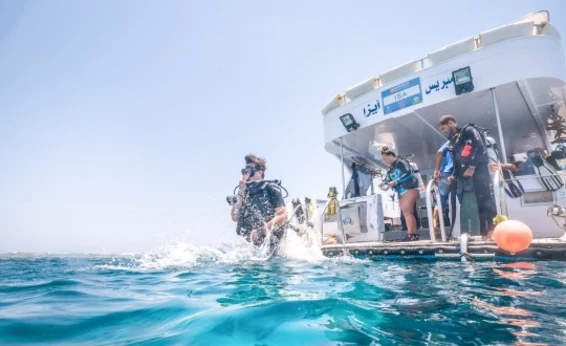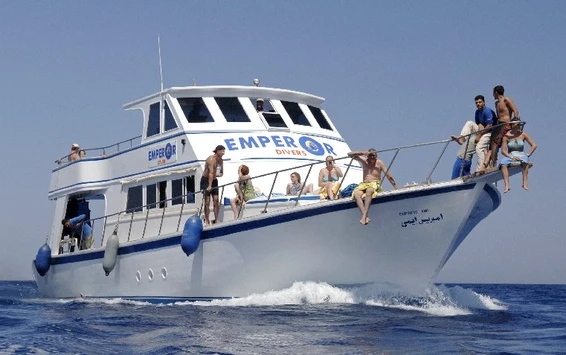Dive Destinations
Liveaboards
All Departures
Australia
Great Barrier Reef
Bahamas
Belize
British Virgin Islands
Cayman Islands
Cocos
Fiji Islands
Galapagos
Honduras
Indonesia
Komodo Island
Raja Ampat
Malaysia
Sipadan
Maldives
Central Atolls
Outer Atolls
Resorts / Day Trips
Scuba Training







